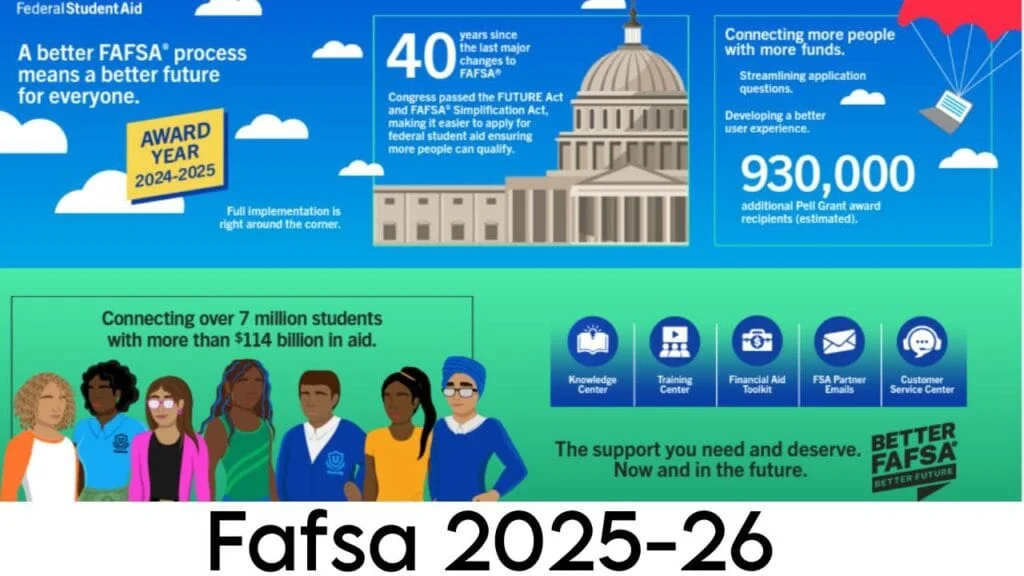$600 Social Security Boost 2025: Know Eligibility & Payment Dates ; The Social Security Administration (SSA) has announced a significant $600 monthly increase in Social Security benefits for 2025. This boost aims to provide additional financial support to retirees, disabled individuals, and survivors. Understanding the eligibility criteria, payment dates, and application process is crucial for beneficiaries to maximize their benefits.
Overview $600 Social Security
| Aspect | Details |
|---|---|
| Benefit Amount | $600 increase per month |
| Eligibility | Retirees, disabled workers, survivors |
| Payment Start Date | January 2025 |
| Application Process | Automatic adjustmen |
What Is the $600 Social Security Boost in 2025?
The $600 Social Security Boost is a scheduled increase in monthly payments for eligible beneficiaries. This increase is part of a broader initiative to offset rising living costs and provide enhanced financial support to individuals who rely on Social Security as a primary source of income.
Purpose of the Increase $600 Social Security
- Address inflationary pressures
- Provide additional financial security to seniors and disabled individuals
- Support survivors of deceased workers
Eligibility Criteria for the $600 Social Security Boost 2025
To qualify for the $600 Social Security Boost, beneficiaries must meet specific eligibility requirements. These criteria vary based on the type of Social Security benefit received.
1. Retirees
| Eligibility Factors | Requirements |
|---|---|
| Age | 62 years or older |
| Work Credits | Minimum 40 credits |
| Benefit Type | Retirement benefits |
2. Disabled Workers
| Eligibility Factors | Requirements |
|---|---|
| Disability Status | Medically determined |
| Work Credits | Varies by age and work history |
| Duration of Disability | At least 12 months |
3. Survivors
| Eligibility Factors | Requirements |
|---|---|
| Relationship to Deceased | Spouse, child, or parent |
| Work Credits | Deceased must have sufficient credits |
| Age/Disability Status | Varies by survivor type |
Payment Dates for the $600 Social Security Boost 2025
The SSA will disburse the increased payments based on the beneficiary’s date of birth. Payments will follow the standard payment schedule:
| Date of Birth | Payment Date |
|---|---|
| 1st – 10th of the Month | 2nd Wednesday |
| 11th – 20th of the Month | 3rd Wednesday |
| 21st – 31st of the Month | 4th Wednesday |
Beneficiaries receiving Supplemental Security Income (SSI) will continue to receive payments on the 1st of each month.
Application Process for the $600 Social Security Boost 2025
Beneficiaries do not need to file a separate application to receive the $600 boost. The adjustment will be automatically applied to eligible accounts. However, individuals who believe they qualify for the increase but do not receive it should:
- Contact the Social Security Administration directly
- Verify their eligibility and payment details
- Provide documentation if necessary
Frequently Asked Questions (FAQs) $600 Social Security
1. When will the $600 Social Security Boost begin?
The increased payments will commence in January 2025.
2. Is the $600 increase permanent?
Yes, the increase is a permanent adjustment to monthly benefits.
3. Do I need to apply for the $600 boost?
No, the increase will be automatically applied to eligible beneficiaries.
4. Will the increase affect Supplemental Security Income (SSI)?
The $600 increase applies specifically to Social Security benefits, not SSI.
5. How will I know if I am eligible for the $600 boost?
Beneficiaries will receive a notice from the SSA detailing the increase and their eligibility.
$600 Social Security Boost 2025: Eligibility, Payment Dates & Application Process
The $600 Social Security Boost in 2025 is a significant adjustment designed to support retirees, disabled workers, and survivors. Understanding the eligibility criteria, payment dates, and application process ensures that beneficiaries receive the full amount they are entitled to. For more information, visit the official SSA website or contact their customer service.
Disclaimer
This article provides general information regarding the $600 Social Security Boost 2025. It is not intended as legal, financial, or tax advice. For personalized assistance, consult the Social Security Administration or a qualified financial advisor.






